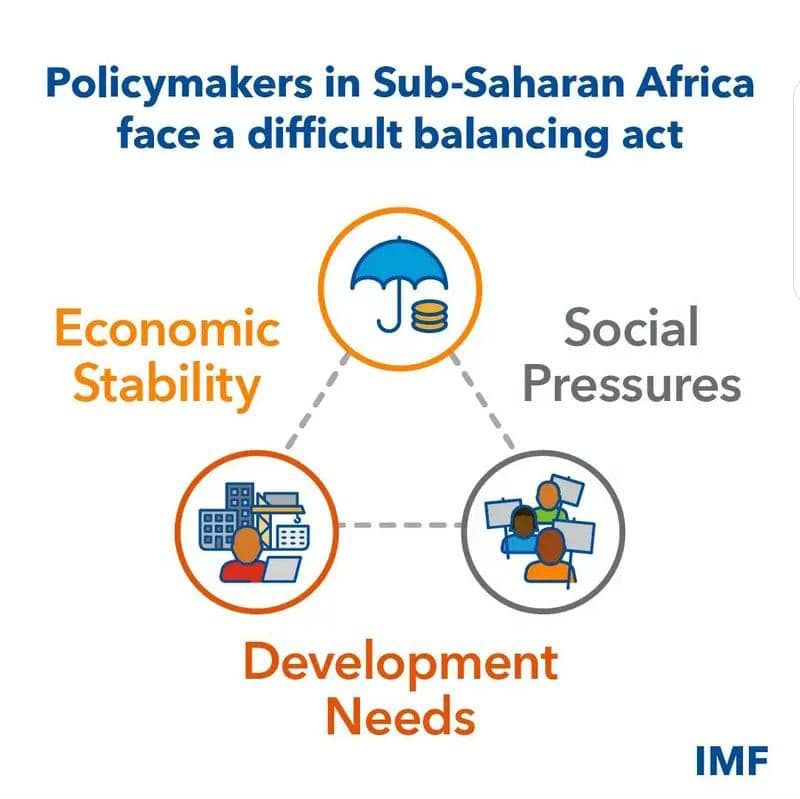By Burnett Munthali
Sub-Saharan Africa is confronting a tough economic landscape as it attempts to restore stability through necessary, albeit challenging, reforms. These efforts are essential for addressing economic imbalances, yet the path to success is complex and marked by three primary challenges.
1) Subdued economic growth
With growth projected at 3.6% for 2024 and a slight increase to 4.2% in 2025, Sub-Saharan Africa’s economic expansion remains modest and inconsistent. This sluggish growth leaves the region particularly susceptible to economic shocks, which can exacerbate issues in countries already facing structural vulnerabilities. Slow growth not only limits the potential for economic resilience but also impacts employment and overall development goals, making it harder for governments to meet public demands.

2) Limited financing options
Many nations in the region are grappling with high debt burdens and restricted access to affordable financing, which hinders efforts to fund reforms or maintain essential services. This situation restricts fiscal policy options, reducing the capacity to invest in growth-stimulating projects. Given these constrained resources, policymakers have limited room to respond to crises or invest in initiatives that would benefit long-term economic stability, further slowing the region’s progress toward recovery.
3) Social frustration and rising hardships
The economic adjustments, while necessary, have had immediate social costs, particularly for those already facing poverty and limited job opportunities. The high cost of living, coupled with government inefficiencies, adds to public dissatisfaction. In many areas, this frustration stems from a perception that governments are not sufficiently addressing the pressing needs of ordinary citizens. The sacrifices required to implement these reforms, such as reduced subsidies or increased taxes, are often felt most acutely by vulnerable populations.
Balancing stability and social equity
Policymakers are tasked with the difficult balance of advancing economic stability while managing social needs. Reforms must not only aim at stabilizing economies but also at fostering inclusivity, creating employment opportunities, and protecting the most vulnerable. Ensuring that these changes resonate with local realities will be crucial in securing public support and sustaining reform momentum.
As Sub-Saharan Africa looks toward recovery, the effectiveness of these reforms will hinge on their ability to uplift and stabilize the livelihoods of all citizens. For long-term success, reforms need to foster both economic resilience and social cohesion, gradually steering the region toward sustainable growth and prosperity.


